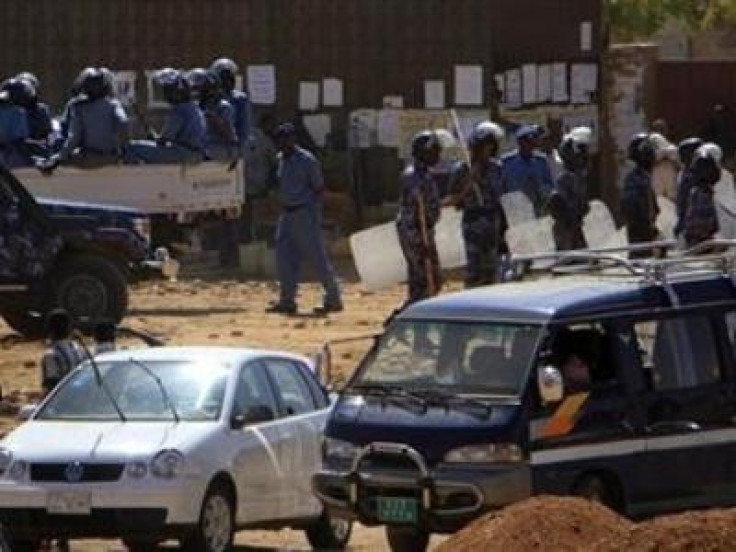Darfur: At Least Eight Die in Anti-Sudanese Government Protest
Petrol price hike demonstration erupts in violence as police use live rounds on demonstrators in Nyala

At least eight people were killed and more than 50 injured in Sudan's Darfur region after police fired live ammunition during demonstrations.
Anti-government protests were organised in Nyala, the provincial capital of South Darfur state, a day after the government raised the price of a gallon of fuel by 40 Sudanese pounds (around US$10).
Bus drivers in Nyala staged a strike which paralysed the city's transportation network, receiving support from hundreds of protesters, including many students, who took to the streets in protest against the government of President Omar al-Bashir.
Many chanted anti-government slogans and held banners calling on the president to step down.
Eyewitnesses said police responded by firing teargas and live ammunition, reportedly killing at least 12 people and injuring more than 50. The activist group Sudan Change Now backed these figures, claiming that more than 10 people died and producing a list identifying the victims on its website.
The authorities have conceded that fatalities occurred, however they have challenged the figures provided by the activists.
Police claim that eight people died, while the South Darfur governor insists only six people lost their lives.
Violent reprisals
The deaths prompted a wave of reprisals across Darfur, with angry protesters setting fire to two police stations and two government buildings, including the office of the ministry of education.
A petrol station was also set alight when news of the fatalities broke, while demonstrators threw stones at a local radio station, set up road blocks and burnt tyres.
Many protestors chanted anti-regime slogans, including "people want to change the regime."
The interior ministry issued a statement blaming the unrest on "vandal groups", adding that police "reacted with minimum force to protect lives and properties".
The statement added that 24 policemen had been injured, three of them left in critical condition.
The ministry said police have now arrested a number of suspects, and called on citizens to help authorities catch those "targeting the security and stability of the country".
South Sudan Governor Hamad Ismail accused "infiltrators" from the opposition and rebel groups from Darfur of the unrest, and insisted there was no link between the protests and the economic situation.
A series of protests activists, labelled the Sudan Revolts, have taken place across Sudan including in the capital Khartoum since June.
© Copyright IBTimes 2024. All rights reserved.





